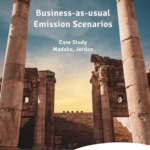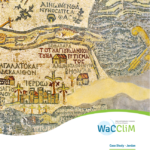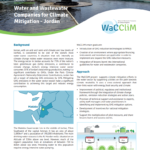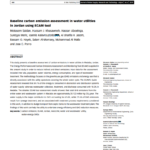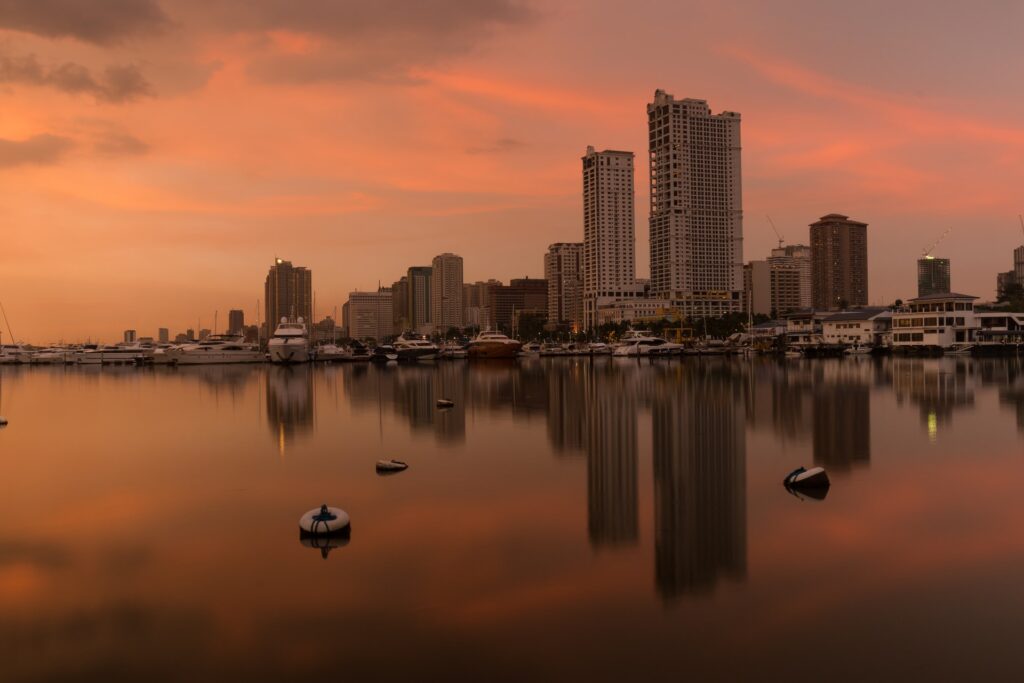
Jordan's National Challenge
Jordan has set a greenhouse gas reduction target of 14% compared to business-as-usual levels by 2030 while the country also seeks a 15% reduction in energy consumption per billed water by the year 2025.
With many competing demands on strictly limited water resources, Jordanian utilities rely on energy-intensive water pumping to meet everyone’s needs; as a result, energy consumption in the water sector accounts for 14% of Jordan’s national emissions. It is estimated that without a change in direction, the need for pumping will increase twofold by 2030. Jordan is therefore facing a long-term need to reduce its water and energy consumption – not only to adapt to potentially greater scarcity ahead, but also to meet its mitigation goals and reduce energy costs.
Jordan’s Greenhouse Gas Emissions by Sector in Percent (2016)
Source: WRI CAIT (2016)
WaCCliM in Jordan
WaCCliM worked in cooperation with the Water Authority of Jordan (WAJ) and the Ministry of Water and Irrigation (MWI). Together these partners have adopted the WaCCliM Roadmap to achieve sustainability and reduce emissions in a number of utilities in Jordan.
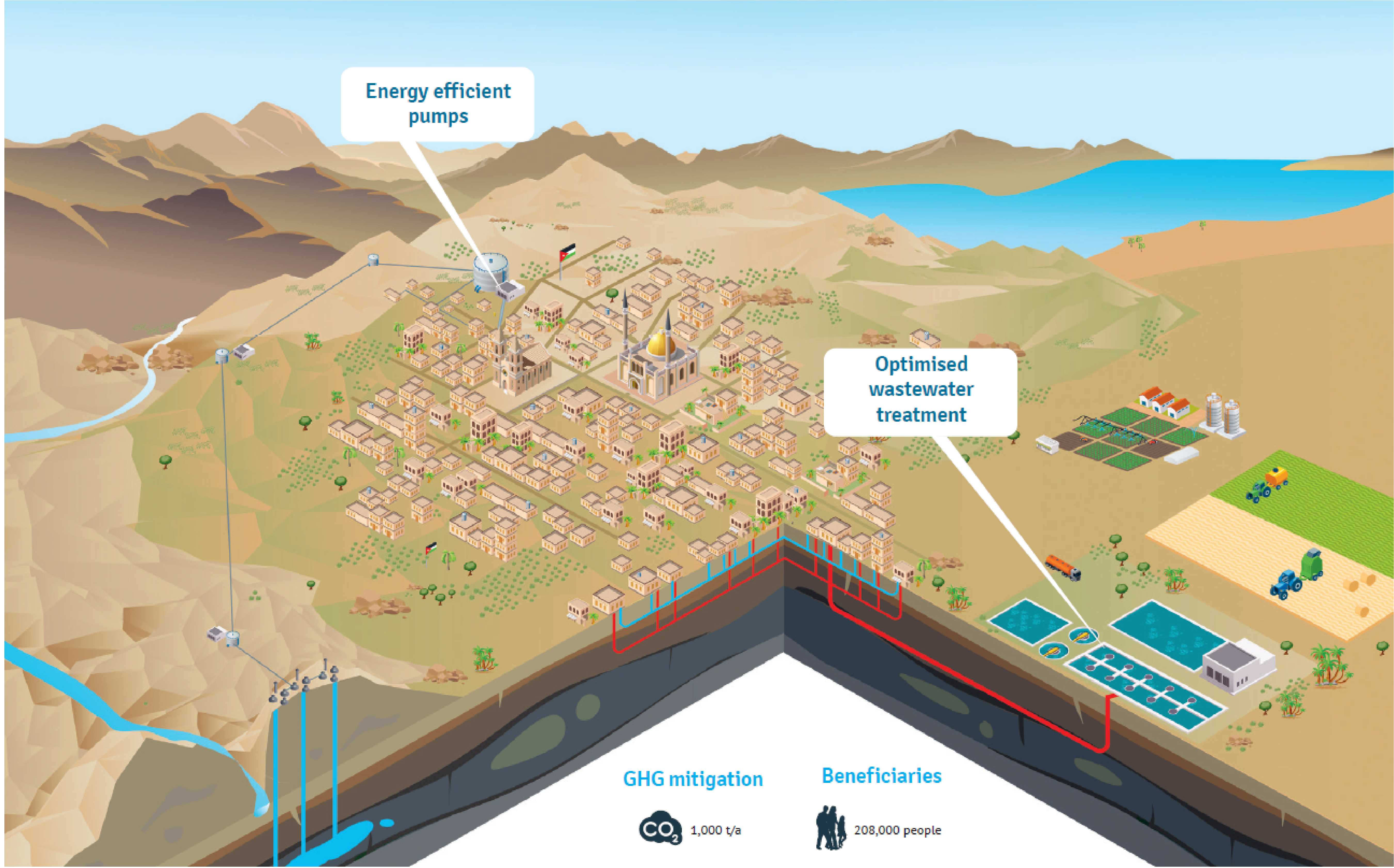
CO2 reduction and beneficiaries through implemented measures in Madaba, Jordan. Illustration: © WaCCliM
WaCCliM Partner Utilities
WaCCliM and its partners have supported the work of Miyahuna Water Company in Madaba, a Jordanian utility that is implementing energy and greenhouse gas emissions reduction measures. After evaluating different improvement scenarios for climate mitigation using ECAM, the utility found that the installation of highly efficient pumps controlled by variable frequency drives would result in the highest energetic and economic savings. First readings show a 37% decrease in energy consumption from these pumps while serving almost 17,000 additional people. While Jordan only joined the project in 2016 and operation of the new equipment only began in 2019, these first measures have already achieved mitigation of 1,000 t CO2 equivalent (CO2e) per year – comparable to taking 200 cars off the road – and saved the utility some €210,000 in annual costs.
